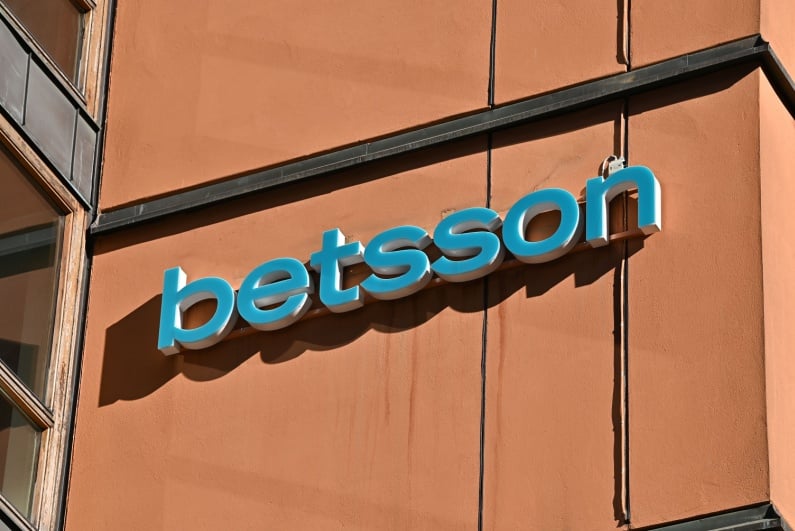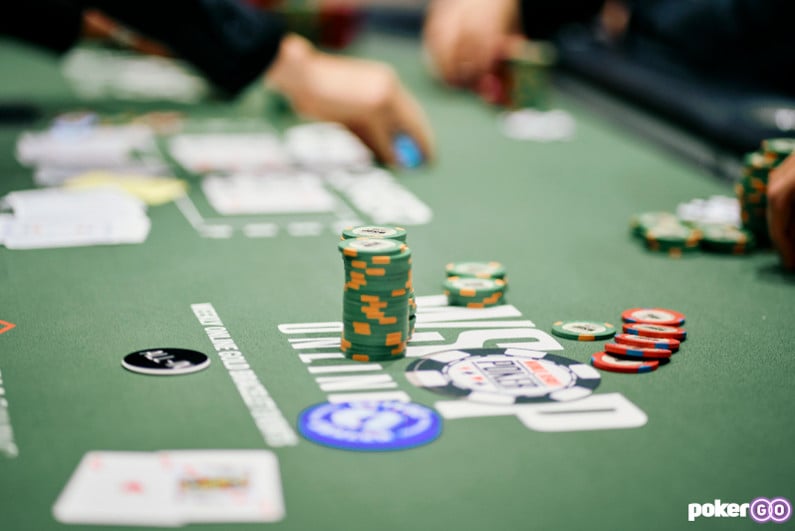The Dutch gambling regulator issued a record high €1.7m (£1.5m; $1.9m) in penalties to games that had breached rules and regulations in 2018.
Record high fines
At the end of December, the Netherlands’ Kansspelautoriteit (KSA), the Dutch gaming regulator, which was set up in 2012, revealed in an announcement that it had imposed fines amounting to €1,709,800 in 2018.
This is compared to more than €1m (£903,000; $1.13m) in fines issued in 2017, nearly €400,000 (£361,000; $453,000) in 2016, and over €500,000 (£451,000; $567,000) in 2015. The gaming authority noted that it had imposed 23 sanction decisions: seven administrative penalties, 12 penalties and four charges under administrative coercion.
Of the seven administrative penalties, the KSA said that five were issued to internationally licensed online operators: Bet-at-Home, Betsson, Mr Green, CyberRock/Honeydew, and William Hill. They were all found to have targeted Dutch players online illegally.
The regulator said that imposing a sanction is the last resort: “The KSA generally tries to adjust behavior that is not in accordance with the legal rules or the permit conditions. This is usually more effective and efficient: legal proceedings often take a long time and cost a lot of manpower.”
Licenses revoked
The gaming regulator also issued a fine to the owner of internet café ITC Lounge in connection with computers that were prepared to conduct sports betting. A private person was also fined in December for operating two slot machines without a license. This individual was fined €14,800 (£13,400; $17,000) after operating the slot machines for a period of nine years. The operating license was withdrawn in 2009.
On top of the fines issued in 2018, the KSA revoked 37 operating gaming licenses. The reasons for this were noted as being due to “non-payment of the gambling levy”. However, other reasons were down to the fact that operating licenses was terminated at the request of the operator due to a company closure.
At present, online games of chance are prohibited in the Netherlands, meaning that it’s not possible for licenses to be granted offering these services. The Legislative Act on Remote Gaming is something that is currently being discussed in the Dutch Senate, after the country’s House of Representatives adopted the bill on Remote Gaming in 2016.
On 5 February, a debate on the bill will take place with the Senate, with a vote expected later in the month.
The issue of loot boxes
Last April, the Dutch Gambling Authority (DGA) investigated 10 popular games with loot boxes and found that four of them had violated Dutch gambling laws. As a result, the DGA gave the game operators eight weeks to fix their in-game loot boxes or they faced fines and the prevention of the game being sold.
At the time, Marja Appelman, director of the DGA, said that: “I call on all game companies not to make loot boxes accessible to children anymore and to remove addictive elements.”
Since then other nations have called loot boxes out, arguing that they are a form of gambling, which young children may find appealing.
Following the DGA’s move, the Belgium Gaming Commission (BGC), became the latest regulator to declare that in-game loot boxes were illegal and that they should be removed. Looking at four games, it found that three had violated the country’s gambling laws.
In April, Koen Geens, the minister of justice for Belgium, said that loot boxes had to be removed. A failure to do so could result in operators facing a prison sentence up to five years and a fine of up to €800,000 (£722,000; $907,000). He also noted that mixing gaming and games at a young age is “dangerous for mental health.”
The Irish government has also signed an international declaration over it concerns relating to loot boxes. Yet, according to France’s gambling watchdog, the Autorité de Regulation des Jeux en Ligne (ARJEL), it doesn’t constitute loot boxes as gambling.




